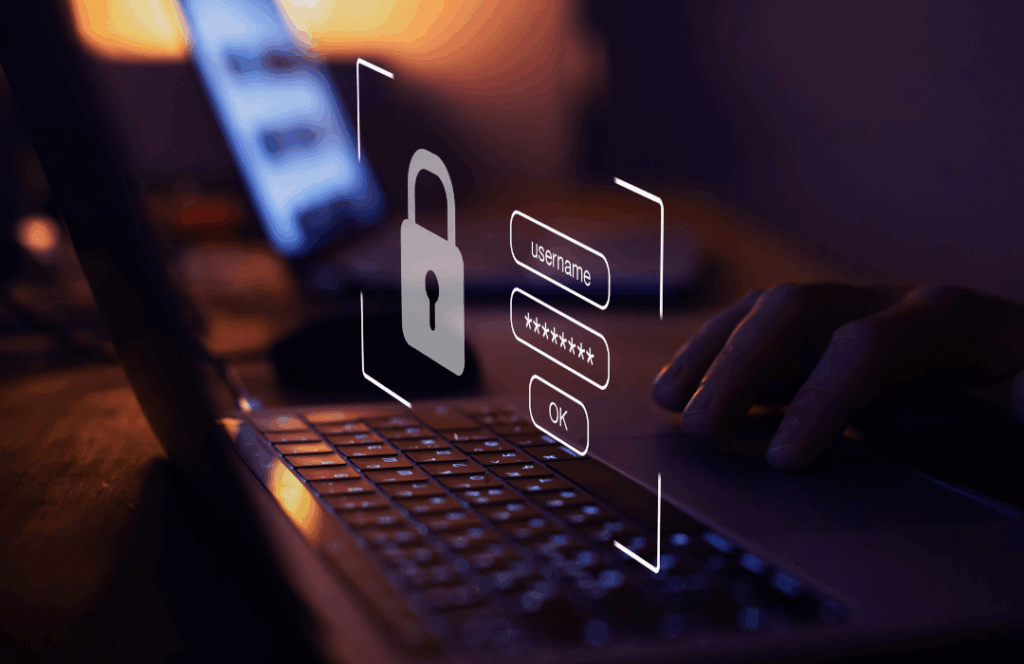
In the workplace, security is no longer the responsibility of just the IT team or the facilities manager, it’s a company-wide priority. Criminals are increasingly sophisticated, blending cyber and physical threats to exploit weaknesses. That means every employee, from front desk staff to senior leadership, plays a role in keeping your business secure.
Creating a security-first culture ensures that safety and awareness become part of your organisation’s DNA, reducing risk and protecting assets, staff, and customers. In this article, we’ll explore practical steps on how to build a security-first culture in your workplace.
A security-first culture is an organisational approach where safety and protection are prioritised in every decision. Instead of seeing security as an add-on or a compliance requirement, it becomes embedded in everyday behaviours and processes.
Key features of a security-first culture include:
This shift is critical because the strongest security systems can be undermined if people don’t use them correctly.
Insurers, regulators, and customers increasingly expect businesses to demonstrate resilience, making a security-first approach not only beneficial but essential. Here is why it matters:
A recent survey from the Home Office found that 43% of UK businesses experienced a cybersecurity breach or attack in the past year (38% in small businesses, 67% in medium, and 74% in large organisations) demonstrating the widespread threat modern businesses face. In addition, human error remains a critical vulnerability for many businesses with approximately 95% of security breaches caused by mistakes such as weak passwords, mishandling data, or falling for phishing attacks.These figures highlight how embedding a security-conscious, aware culture can help prevent the most common, and often avoidable, threats.
Embedding security into your culture isn’t just good practice, it’s critical for meeting insurer mandates and related legal frameworks, resulting in improved compliance.
A security-first culture can make staff feel safe and supported and has been found to significantly reduce the “silence gap,” empowering staff to report incidents and engage confidently in protecting the organisation. A survey found that 39% of UK office workers would not report a suspected cyberattack, often due to fear of blame or embarrassment.

Security culture starts at the top. If leaders don’t take it seriously, employees won’t either. To set the tone, make security part of your corporate values and highlight it in mission statements and training. Leaders should also actively follow protocols, like signing in, using access cards, and attending training sessions – essentially leading by example and encouraging team-level accountability.
Staff are your first line of defence when it comes to security. Comprehensive, ongoing training therefore helps embed good habits. Training should cover both physical and digital security, such as:
Regular refreshers, simulations, and even gamified training keep security front of mind.
Security must be part of everyday routines, not just an annual policy review to keep it front of mind. Practical measures should include:
By weaving security into daily workflows, it becomes second nature rather than an afterthought.
A strong security culture is proactive and staff should feel confident reporting vulnerabilities, near misses, or suspicious activity. To achieve this:
This creates a feedback loop where everyone actively contributes to risk reduction.
Modern security technology not only protects your premises but also helps reinforce culture. Examples include:
Technology should complement employee behaviour, not replace it. When staff see robust systems in place, they take security more seriously.
A security-first culture isn’t static – it must evolve as threats and business needs change. Regularly assess your security policies and systems by:
Regular reviews demonstrate commitment and ensure security remains a living, breathing part of your workplace security culture.

Building a security-first workplace doesn’t happen overnight, but with leadership commitment, employee training, daily integration, and the right technology, it becomes a natural part of how your business operates.
At BusinessWatch, we know that culture and technology must go hand in hand. That’s why we provide certified smart security systems, bespoke to your needs:
We don’t just install security technology, we help you embed security into your company’s DNA.

BusinessWatch specialises in helping organisations across the UK create workplaces where security comes first. From certified intruder alarm and CCTV systems to access control and staff training, we’ll design a holistic approach that keeps your people, assets, and reputation safe.
Contact us for a free quote or call us on 0330 094 7404 today, to learn how we can help you embed a security-first culture in your workplace.